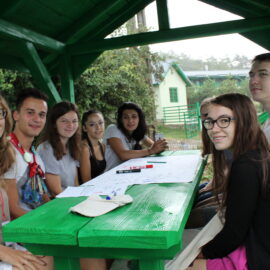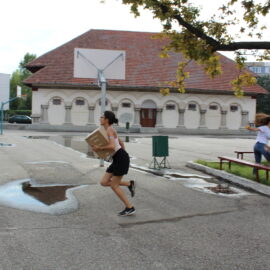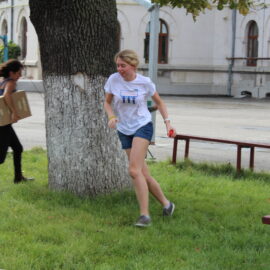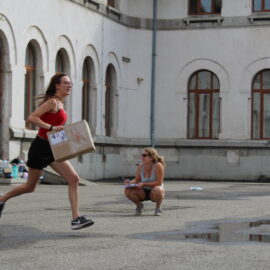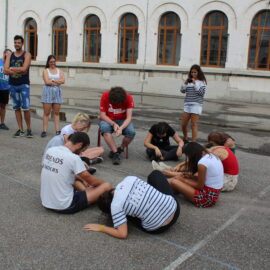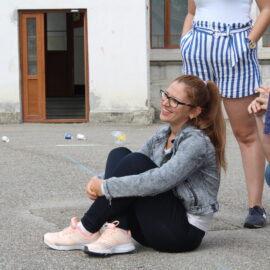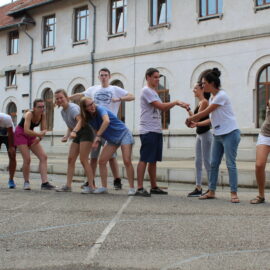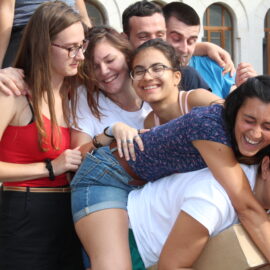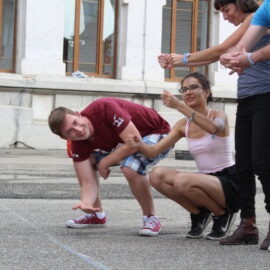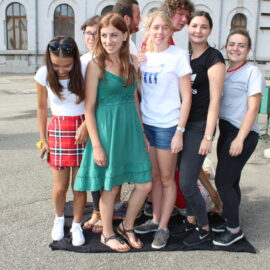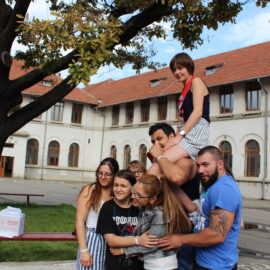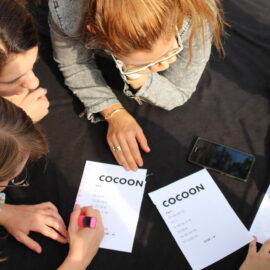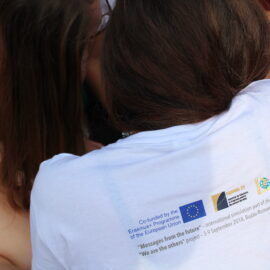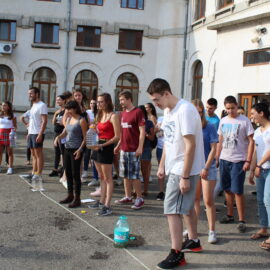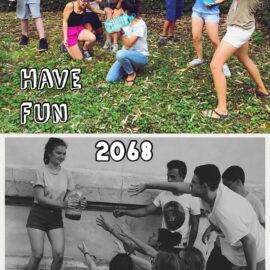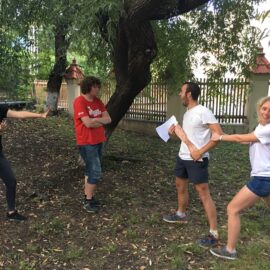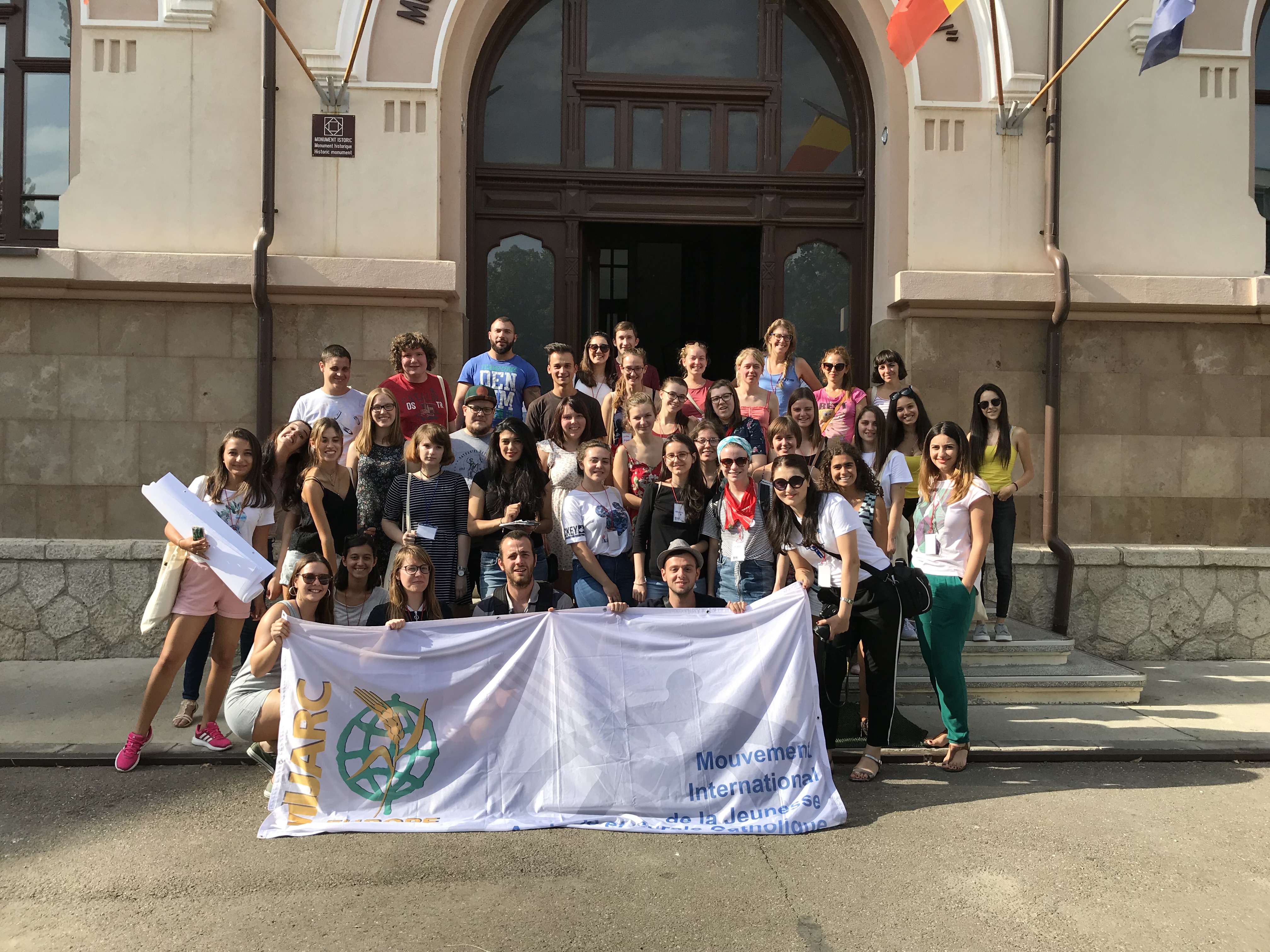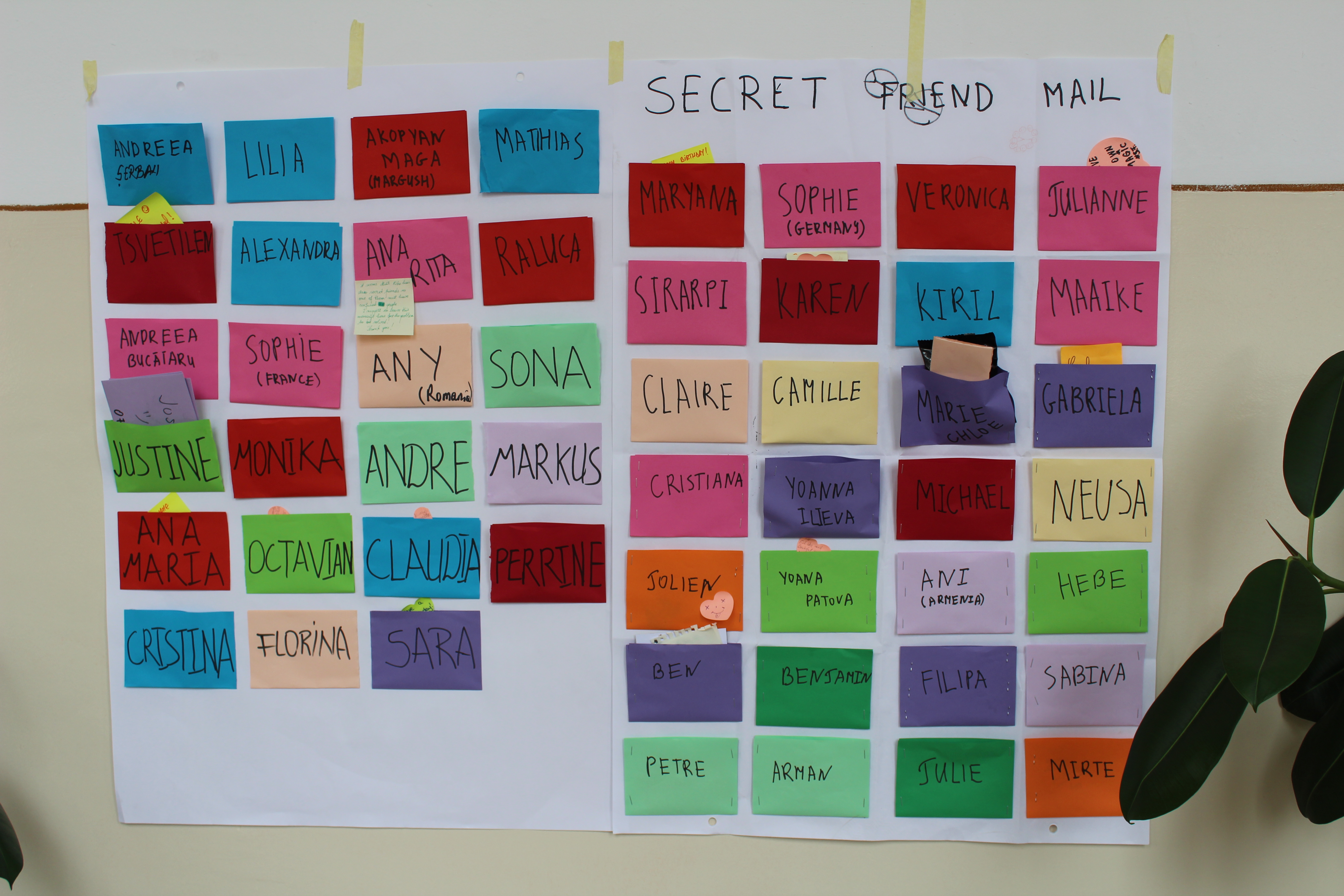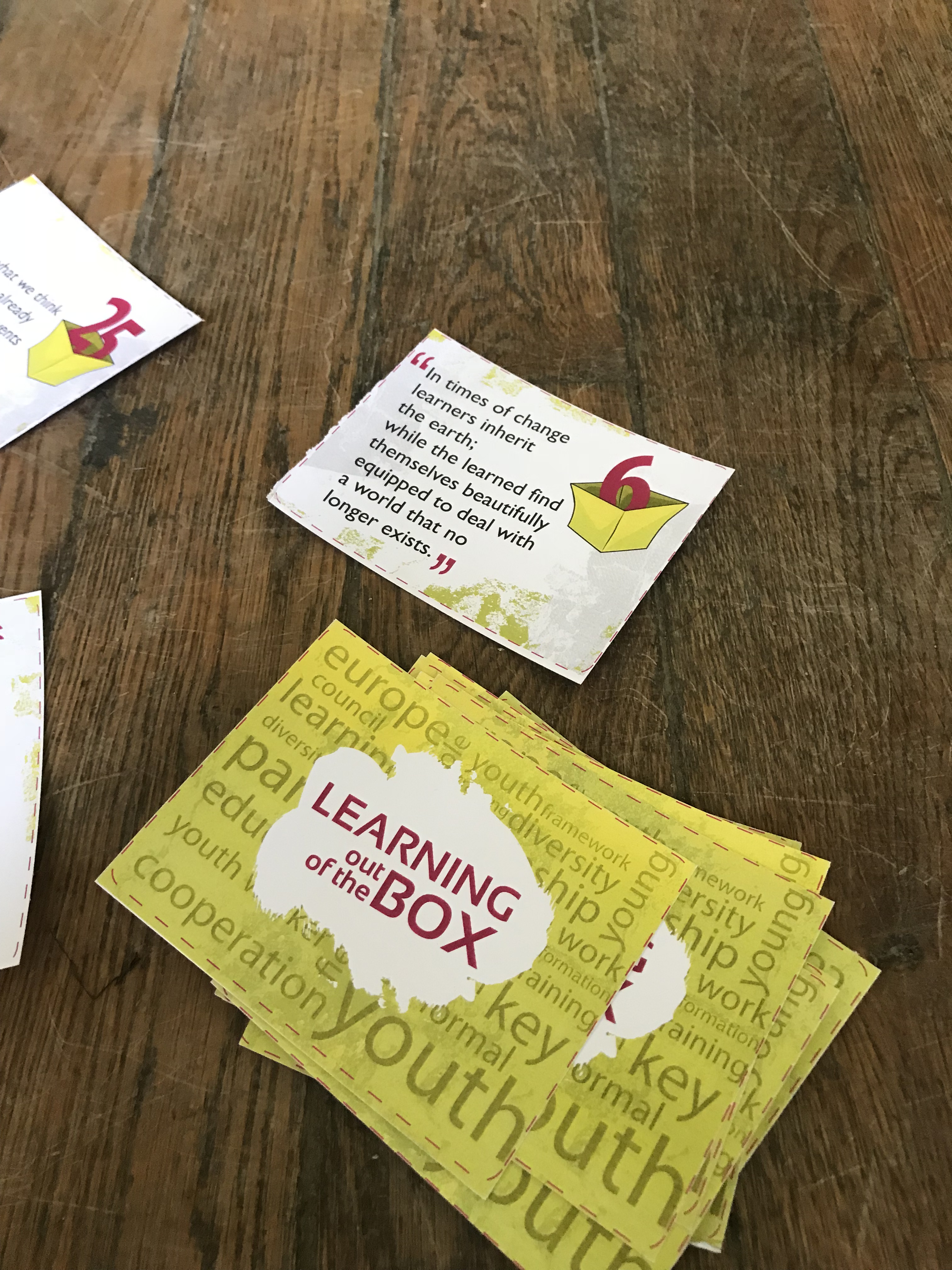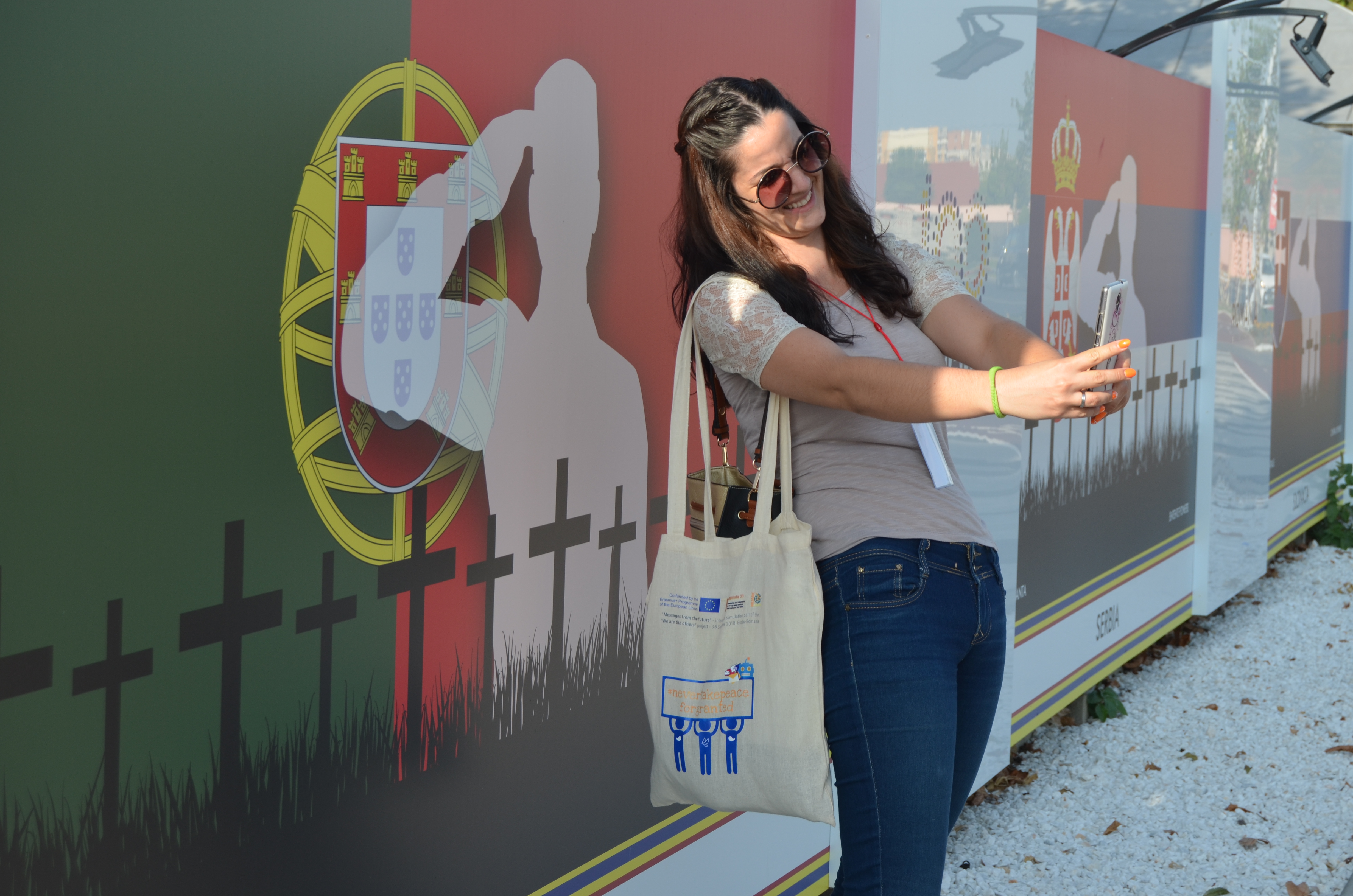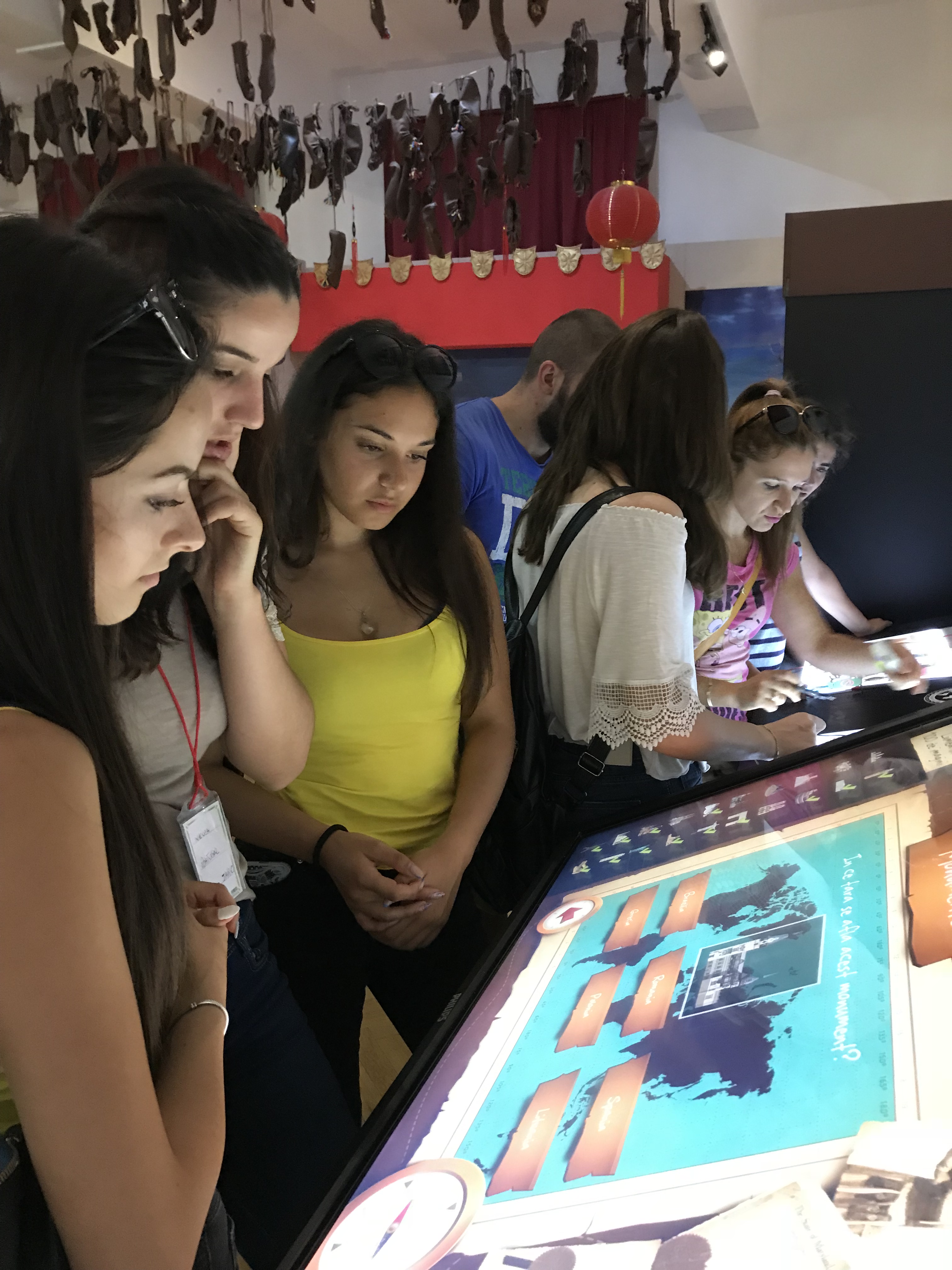YouthLabs are participatory activities (online / offline format) to involve YOUNG Europeans in the design process of our pan-European campaign strategy.
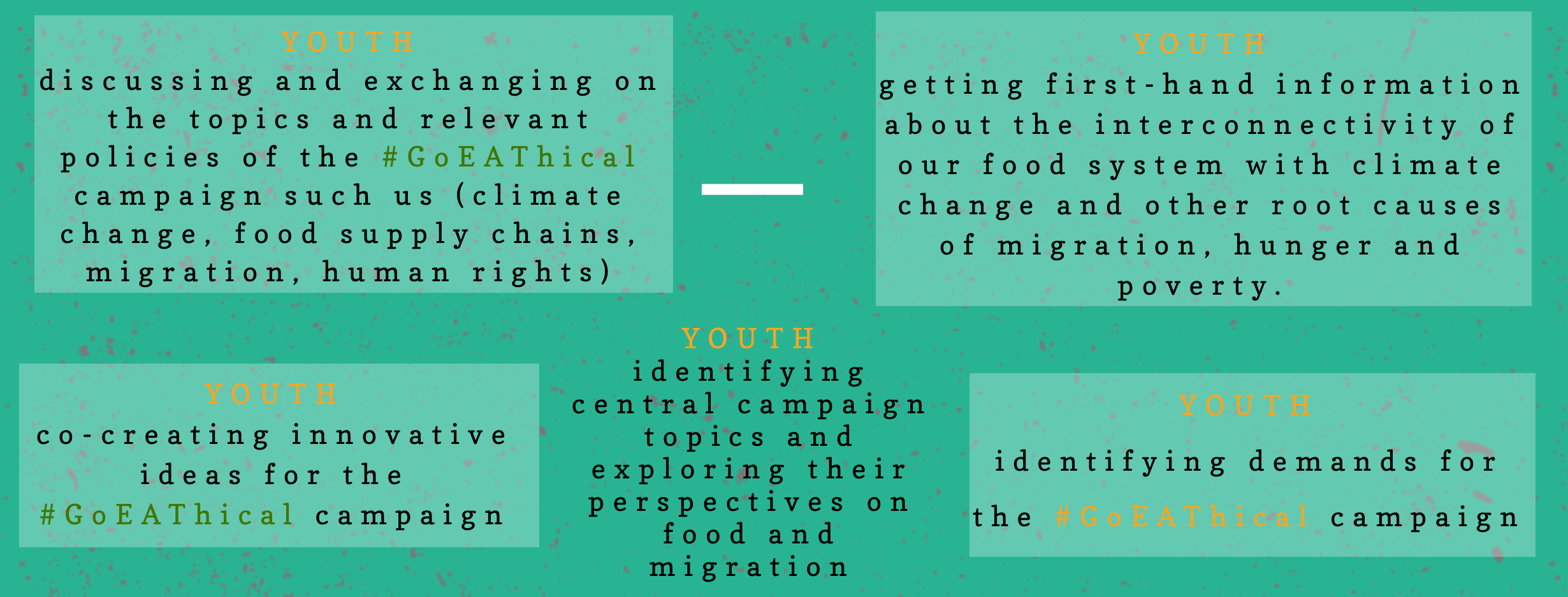
MIJARC Europe is responsible for organizing, within its network, 3 National Level YouthLabs and 5 International Level YouthLabs.
The first national youth lab of our #GoEAThical project was carried out in online format, in Romania together, with our member organization Asociația Asistență și Programe pentru Dezvoltare Durabilă – Agenda 21.
The activity took place in online format on the 5th of June 2020. It lasted around three hours.
42 young people, were selected among the network of global education schools of APSD-Agenda 21. They worked together with Mr. Daniel Alexandru – head of the Laboratory on Agrometeorology– from the Romania National Institute of Meteorology, and our colleague Florina Potîrniche as facilitator.
Using the SEE-JUDGE-ACT methodology, participants were able to go through different questions such as: What is climate change? // Is Earth’s Climate Changing? // What Is Causing Earth’s Climate to Change? // What Might Happen to Earth’s Climate? // How does it affect the production of food? // Conventional agriculture vs. Organic agriculture?
Later on, after summarizing the discussion and highlighting the interconnection of food production and climate change and the main impacts climate change has on different parts of the world, the participants analysed a case study, which was based on real facts –The impact of the El Niño drought in 2016 on one family in Lesotho–
Through this case, participants were able to see how climate change affects the normal weather and climate patterns. The result was a severe drought that lasted since 2015 until 2016. This led to food supplies constantly decreasing, the price of food increasing and ultimately the poorest population not able to ensure they daily food. This led to poverty, hunger, the urgent need for humanitarian support and massive migration.
All the young participants could reflect on the negative impacts of climate change, and in different groups, they went into the ACT part. Divided in breakout rooms of 4-5 people they went through an exercise to design some elements for the #GoEAThical campaign. The youth participants participants discussed and created different proposals of messages for the campaign, topics for the campaign, as well as different activities to be carried out.
They produced really interesting ideas!
Here you can read some of the comments from the young participants gathered during the evaluation:
“I really liked that I interacted and came up with many different ideas. I learned new things about climate change and what we can do to make it better”
“I liked this lab because I learned a lot of new things. The most useful thing I found out is the connection between climate change and migration”
“Participating in this laboratory helped me to become more aware of why it is important for each of us to have a responsible attitude towards the environment and what are the consequences of reckless long-term actions on the climate and especially food production. Change begins with each of us!”
Change for the better and feel good about it”
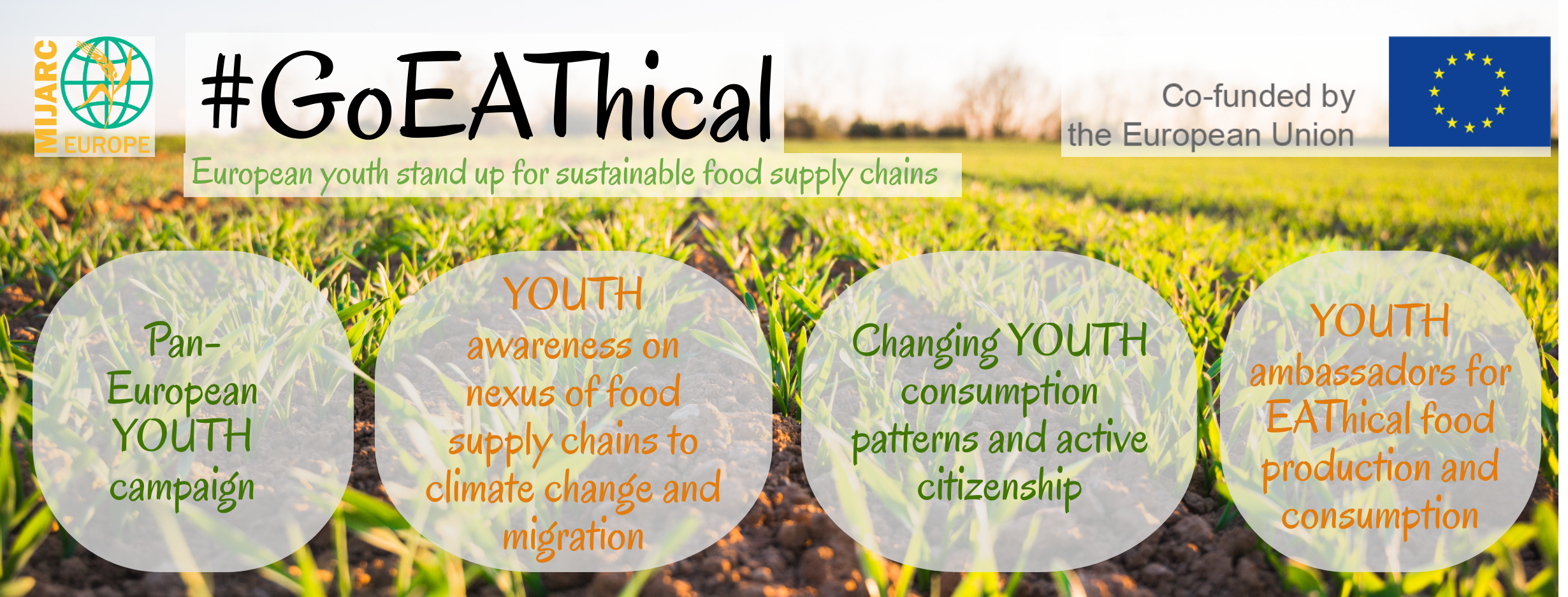
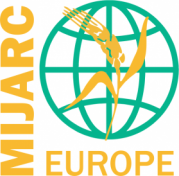
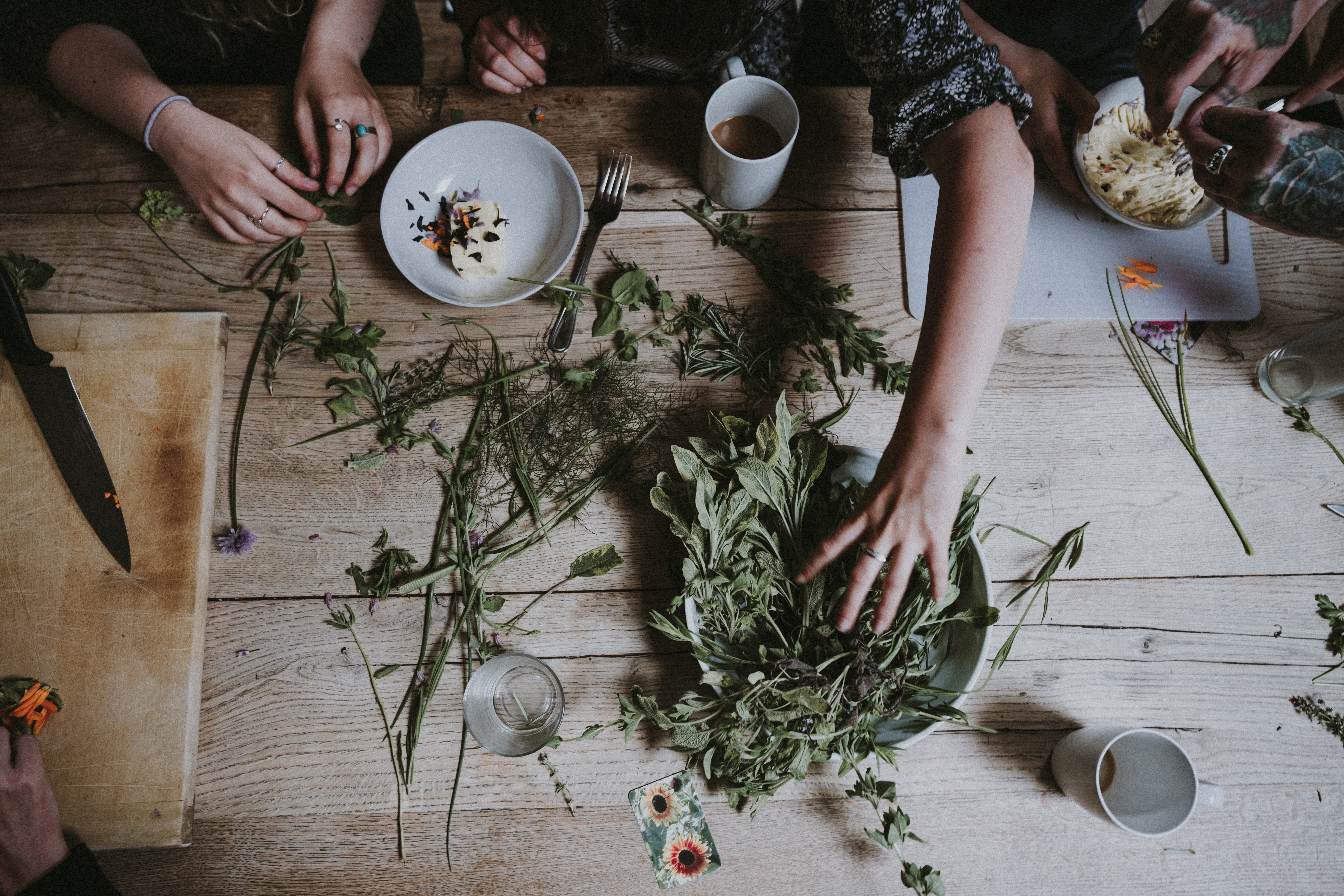
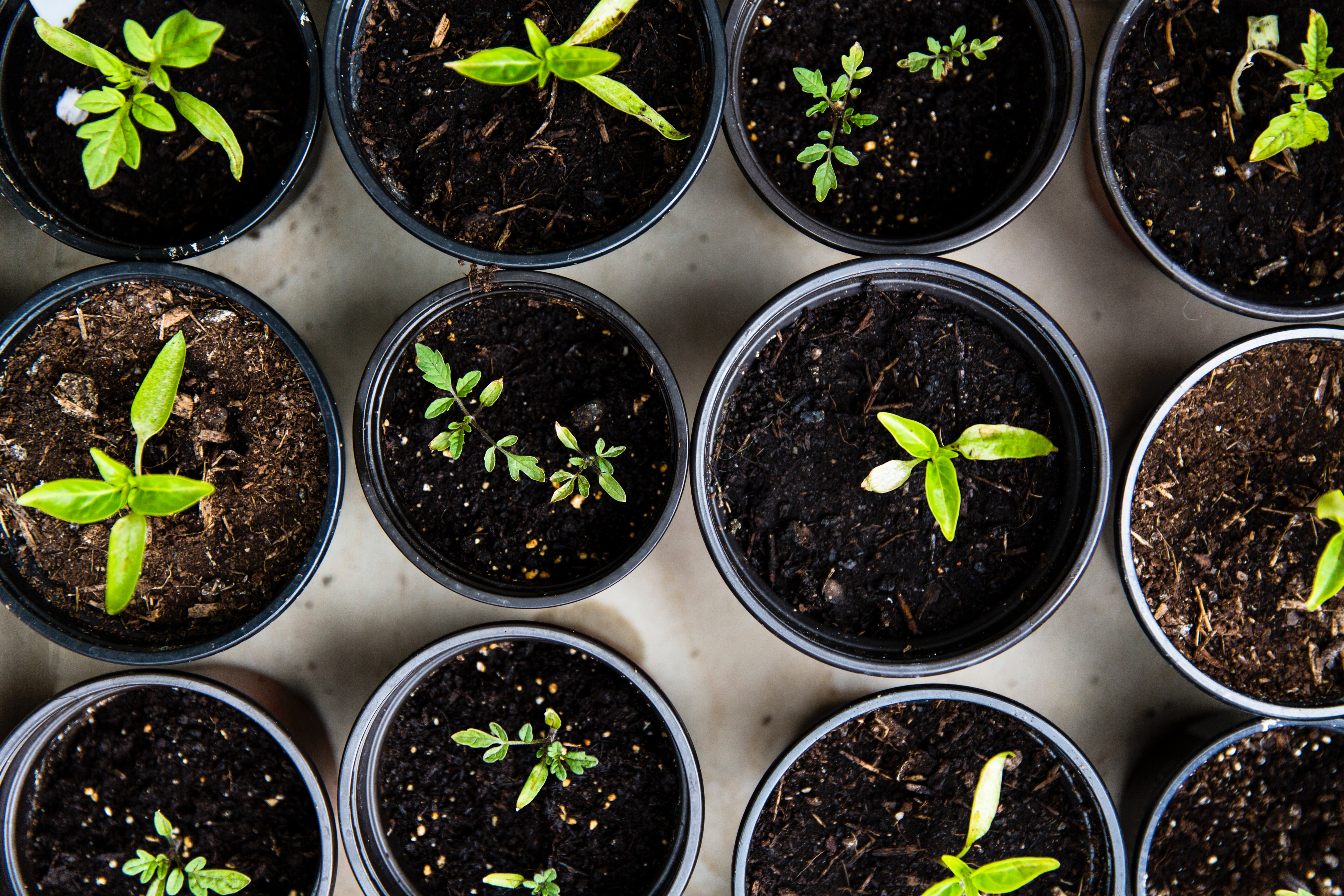
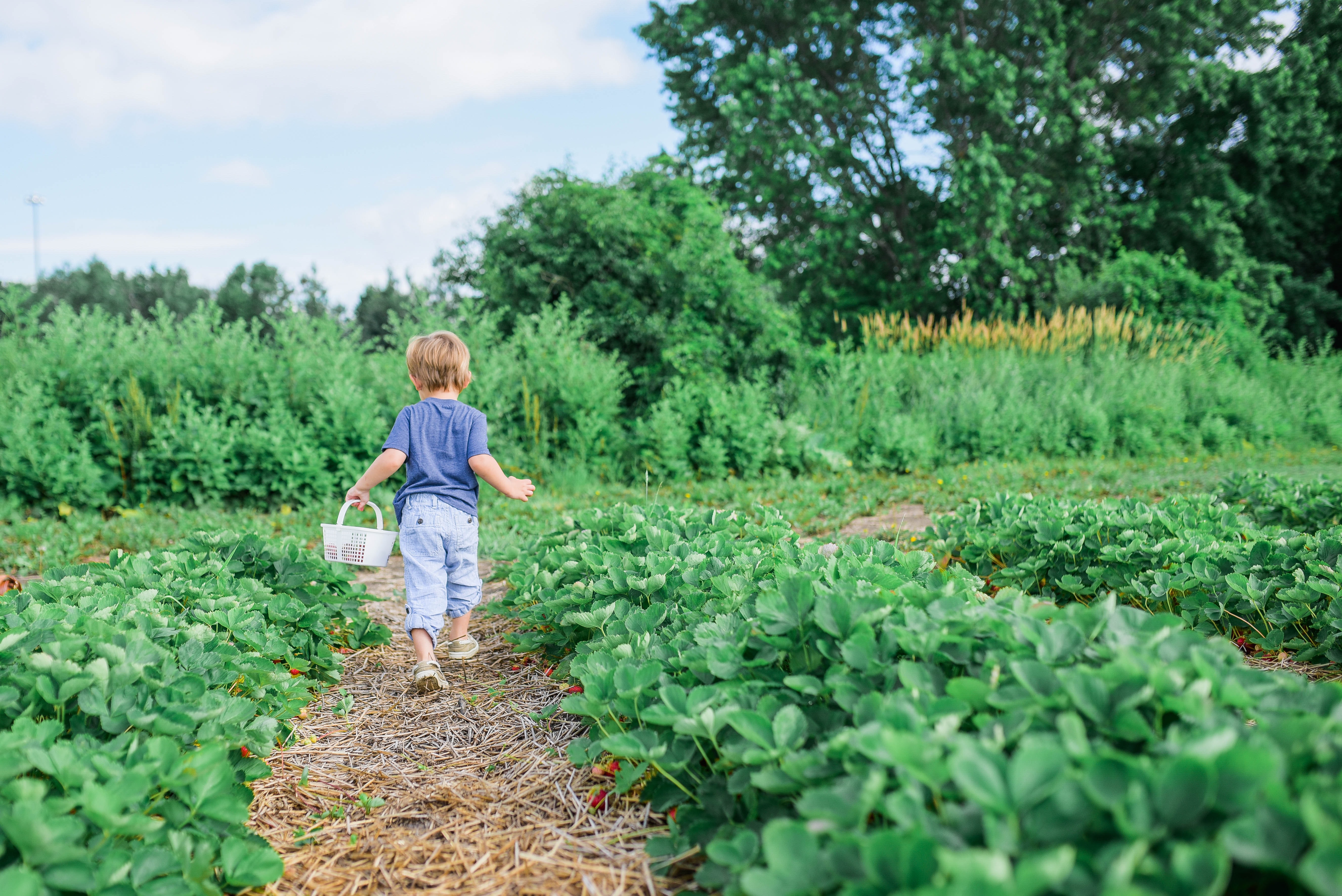
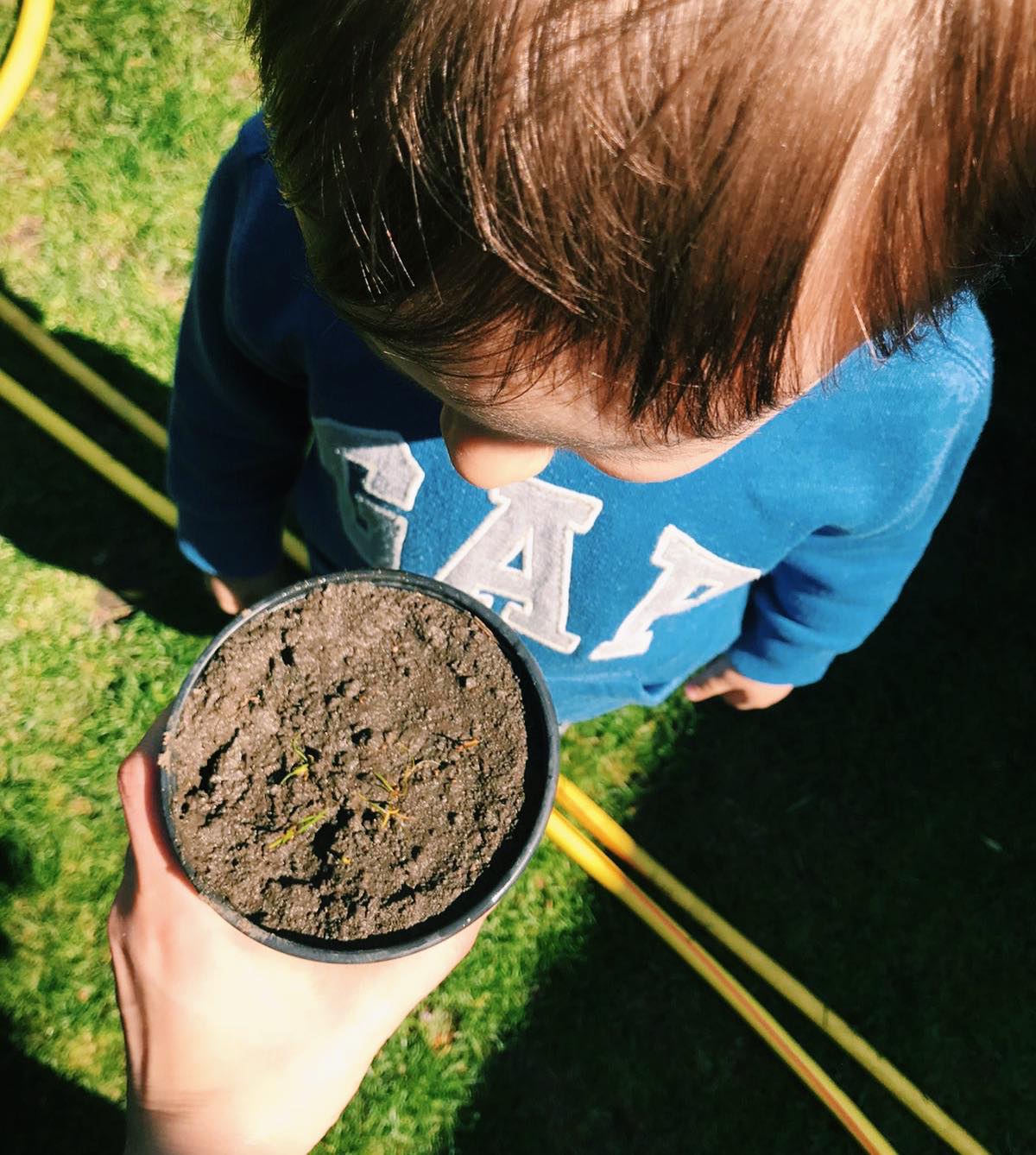
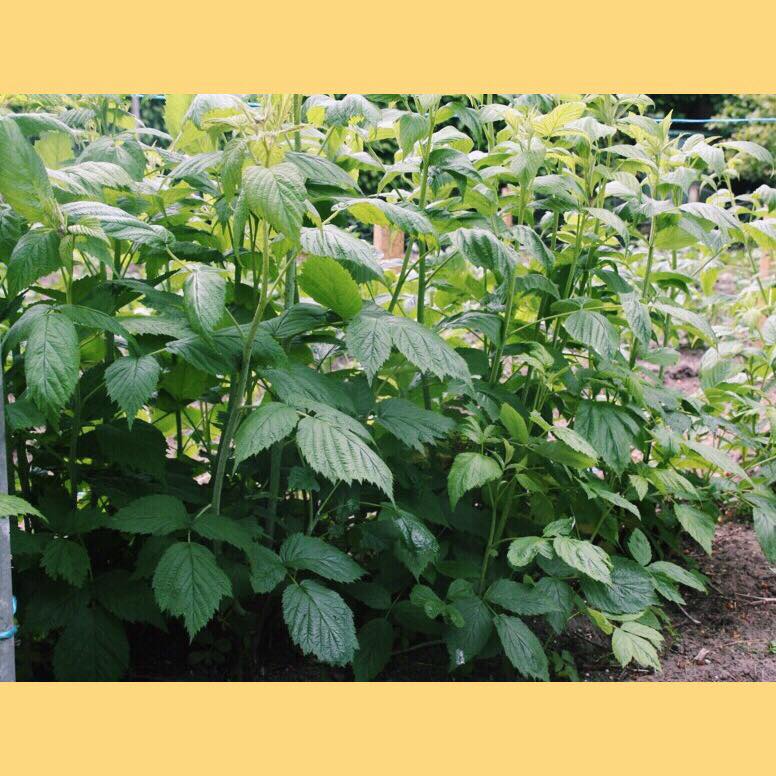
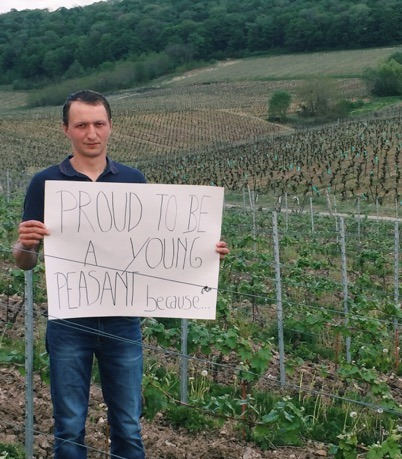
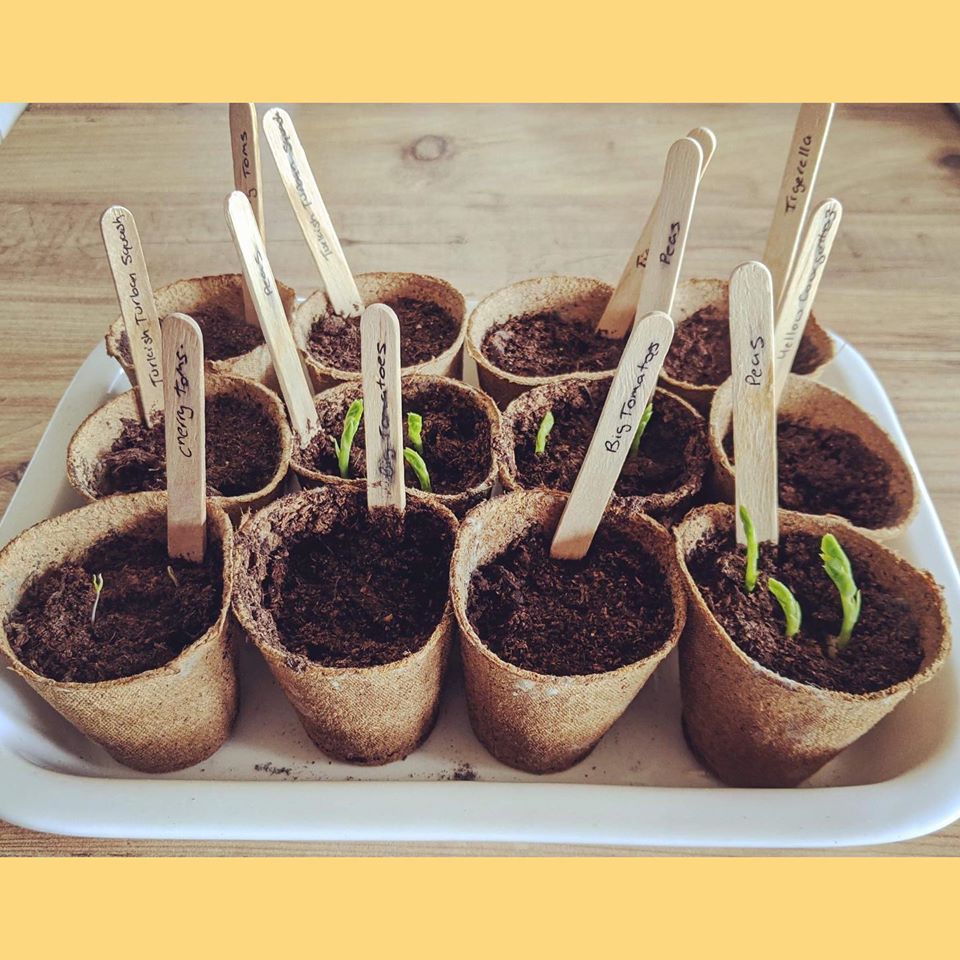
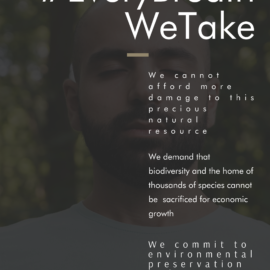
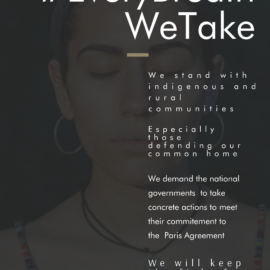
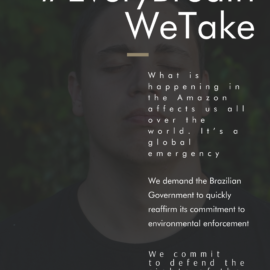
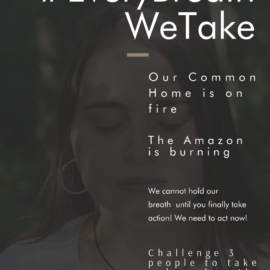
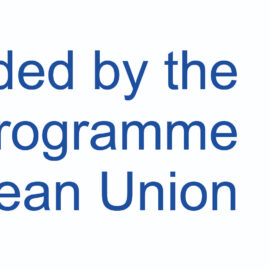
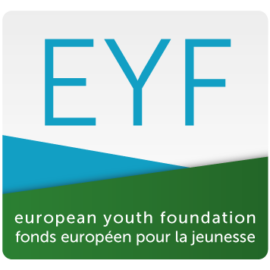
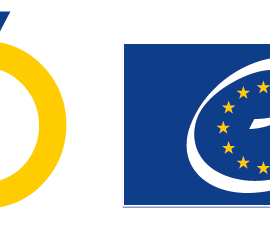
 Between
Between 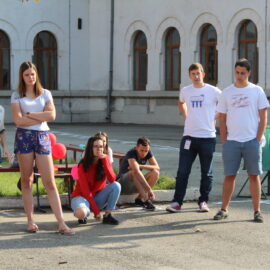
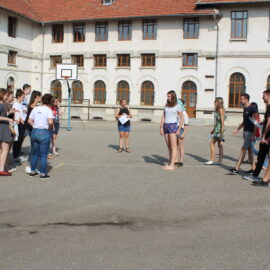
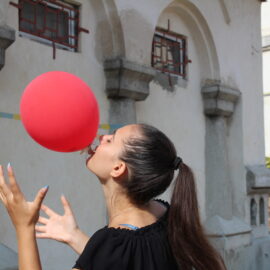
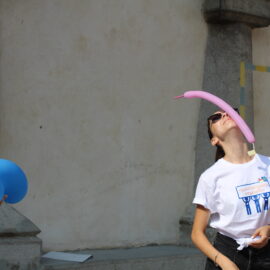
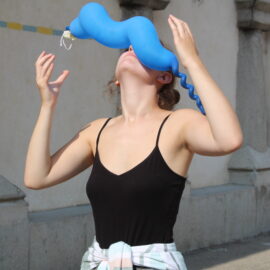
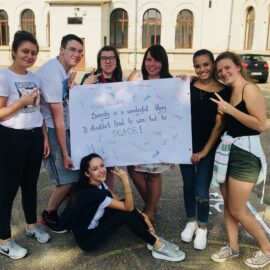
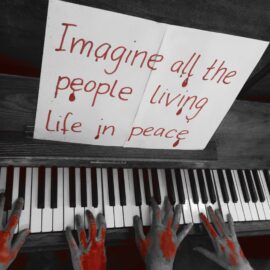
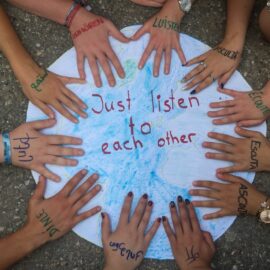
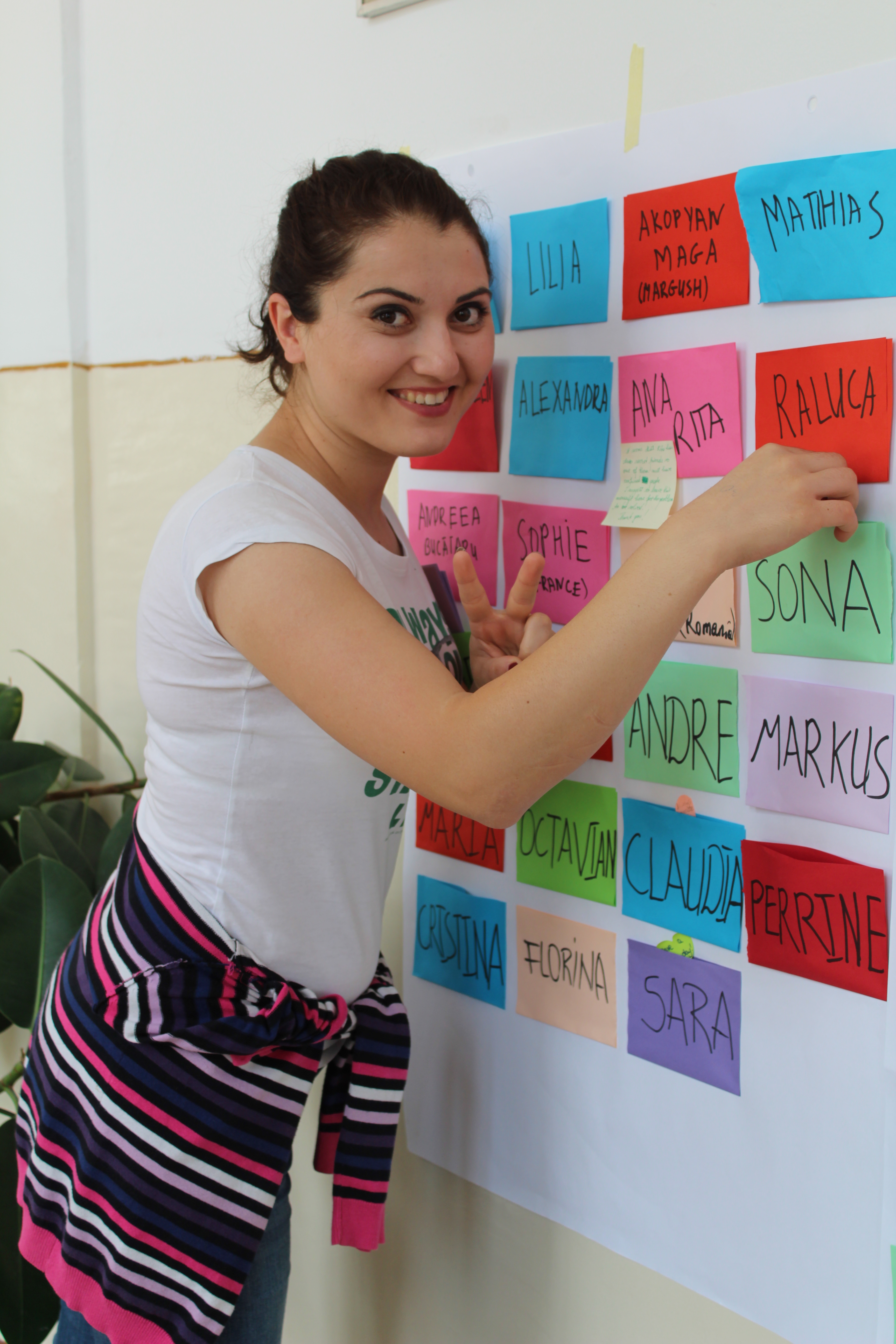
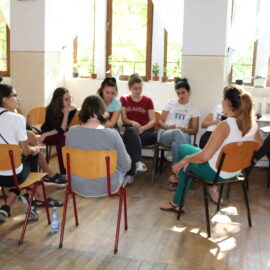
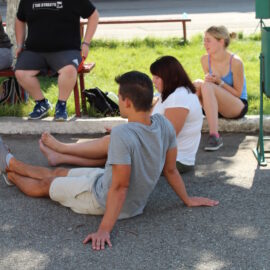
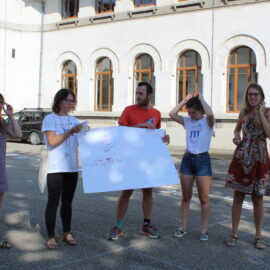
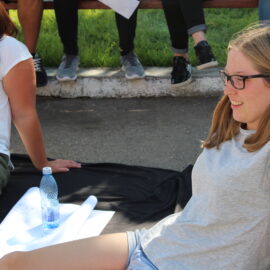
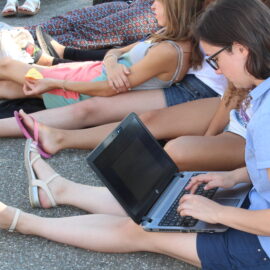
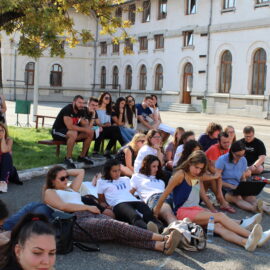
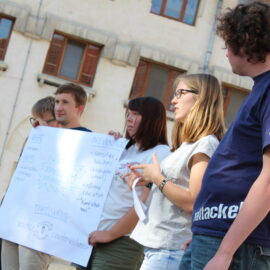
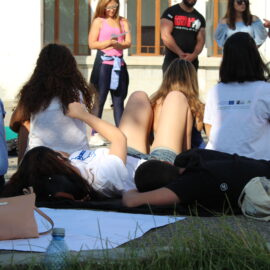
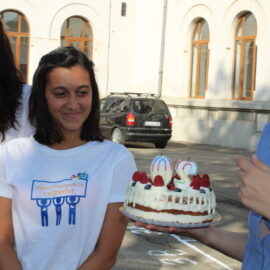
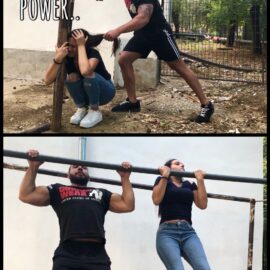
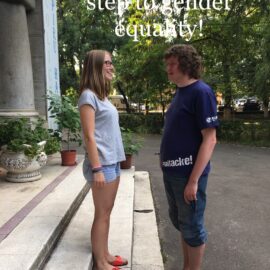
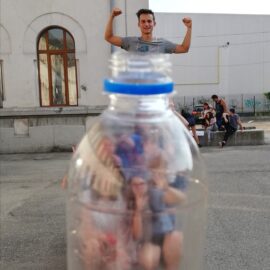
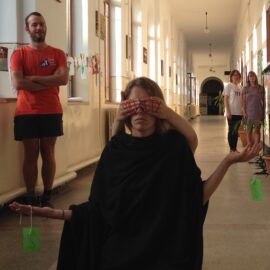
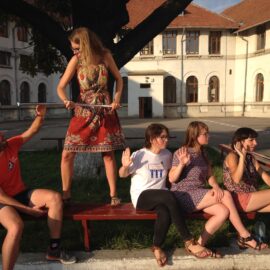
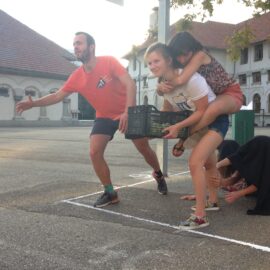

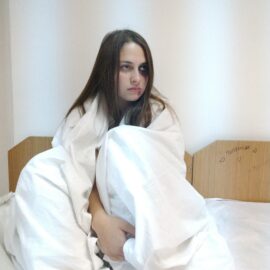

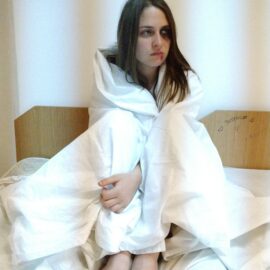

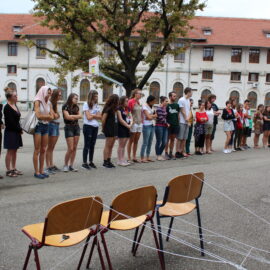
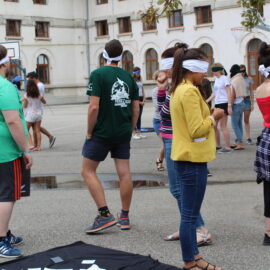
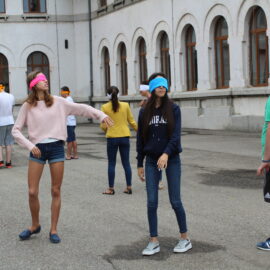
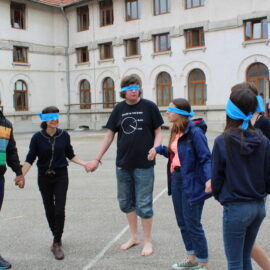
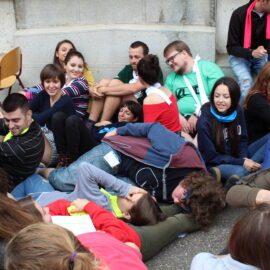
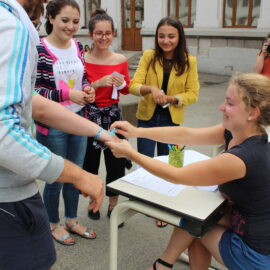
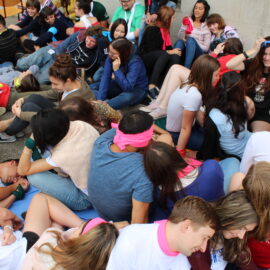
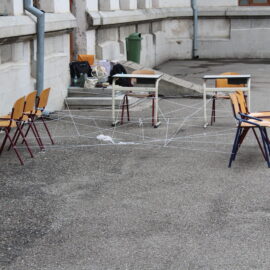
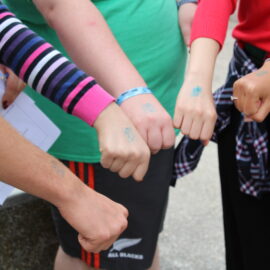
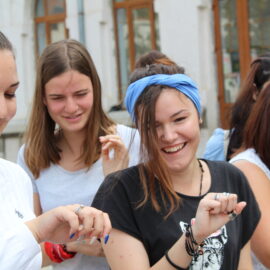
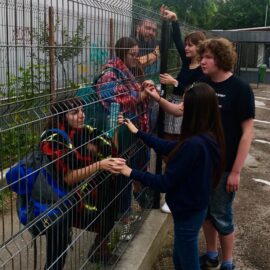
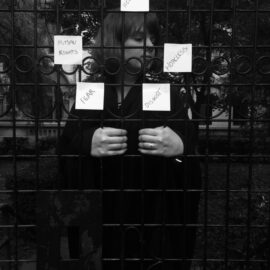
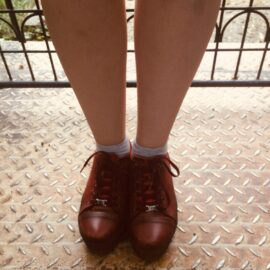
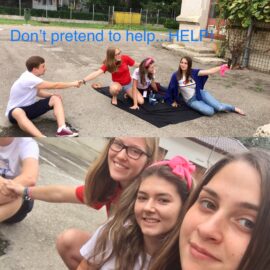
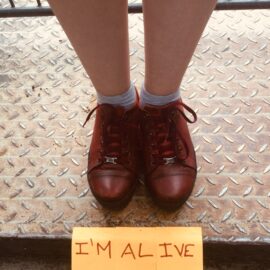
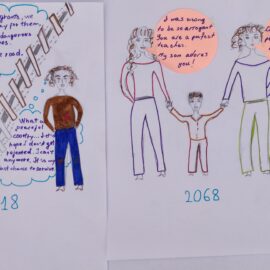
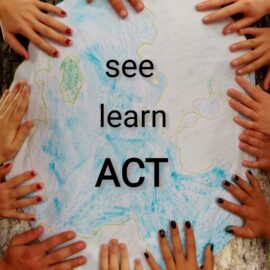
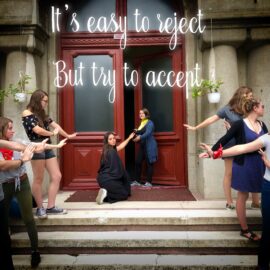
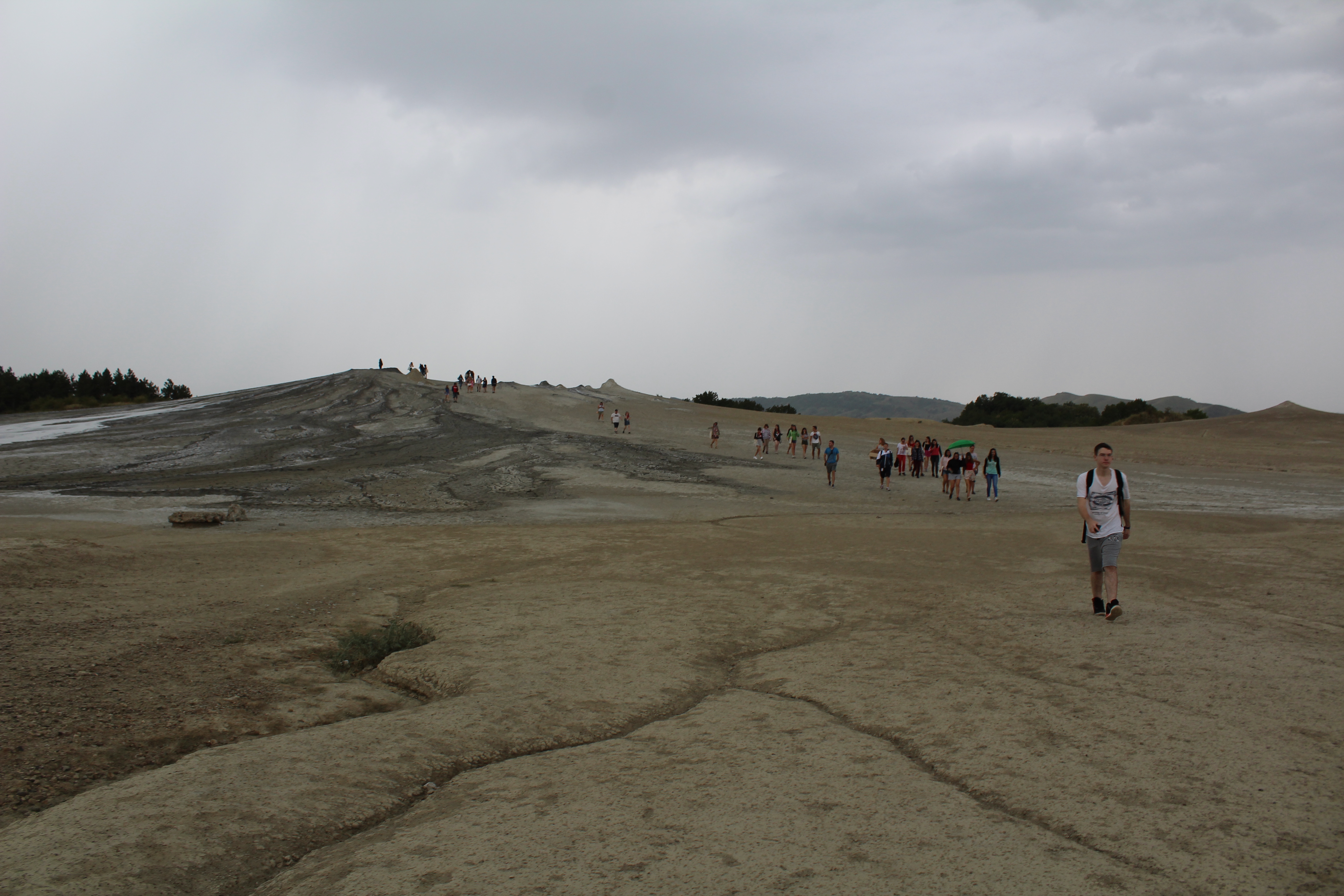 The rain tried to be the star of the second day but we managed to keep the focus on
The rain tried to be the star of the second day but we managed to keep the focus on 